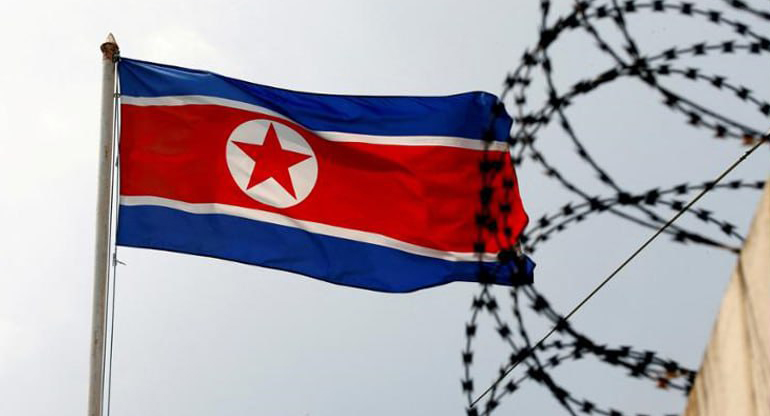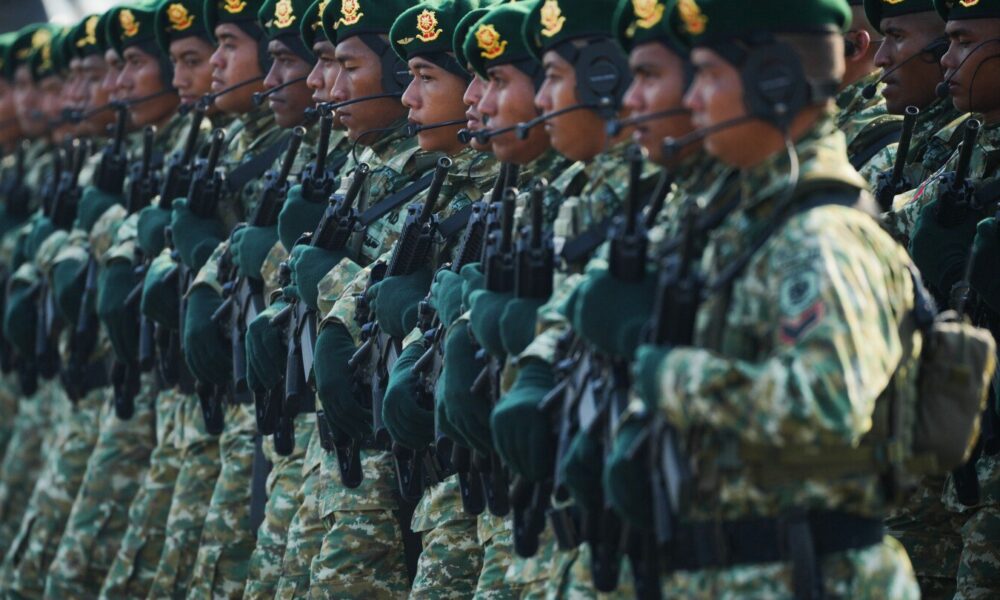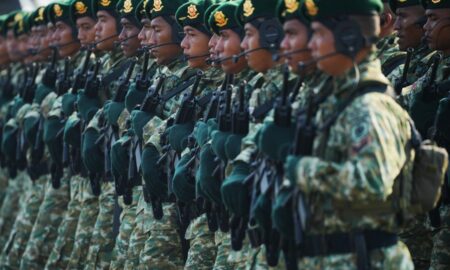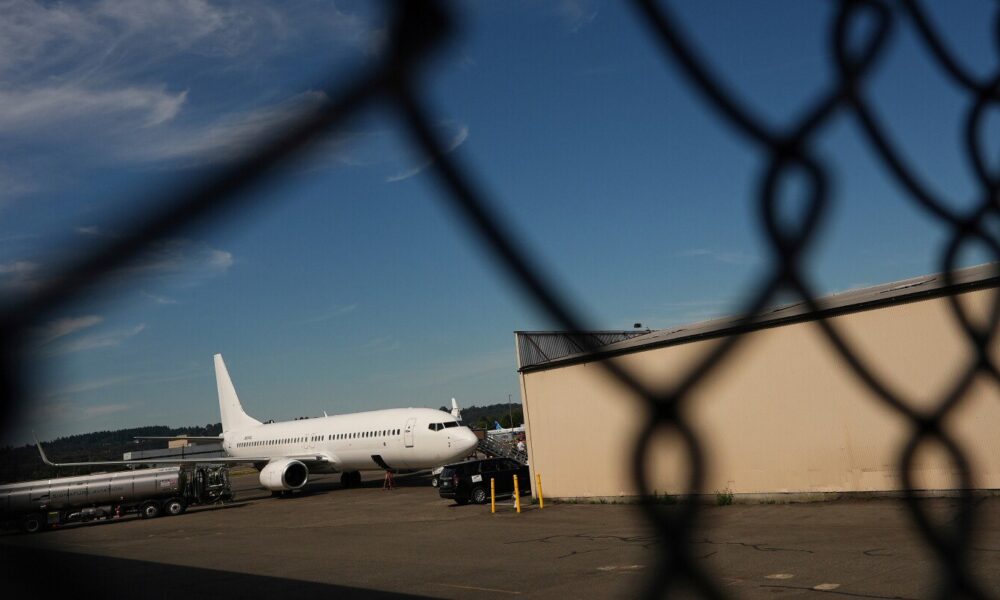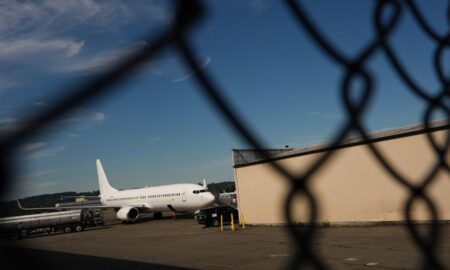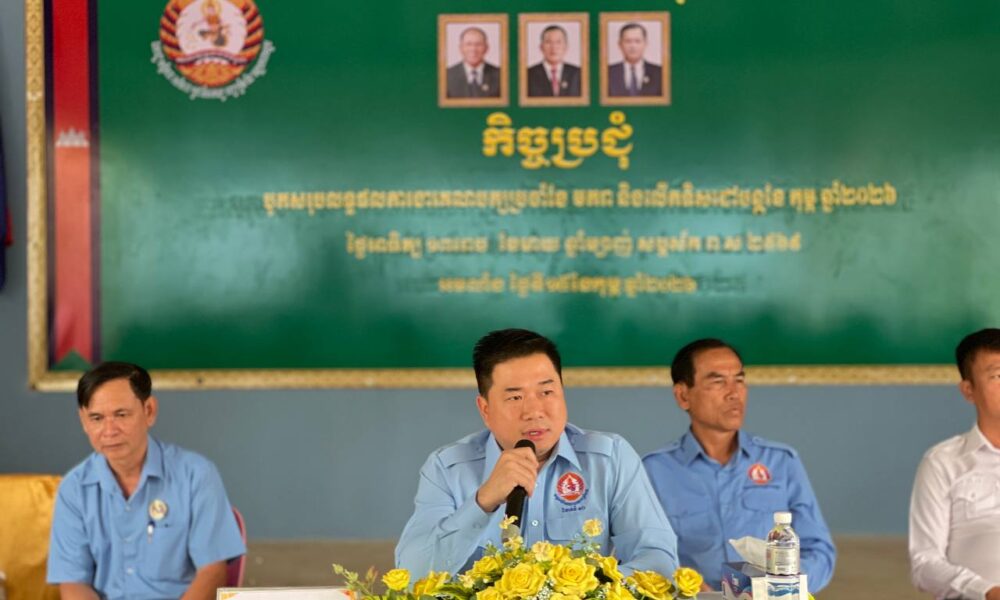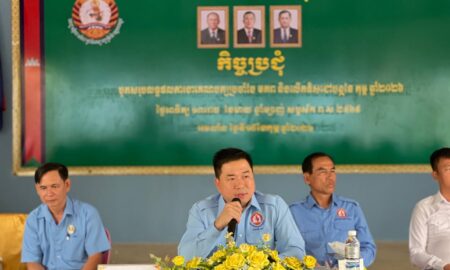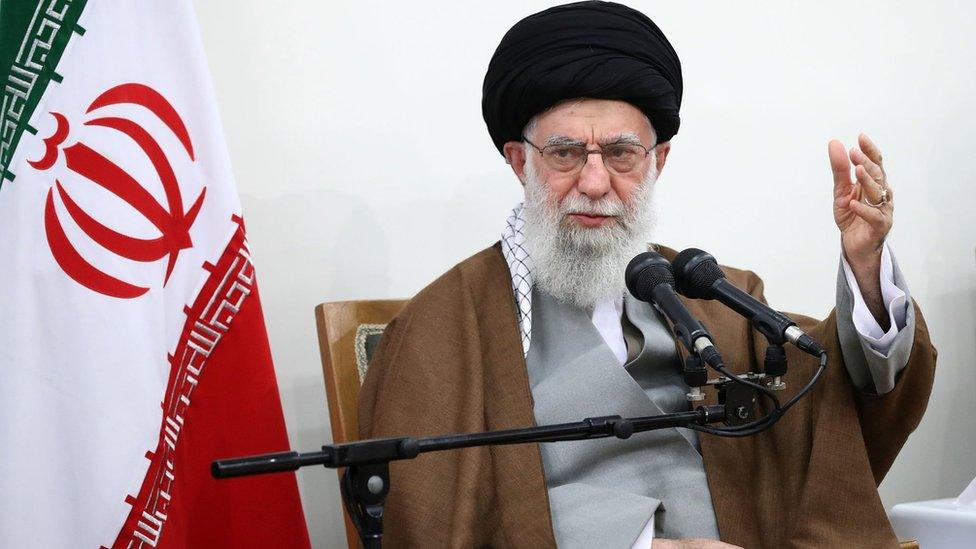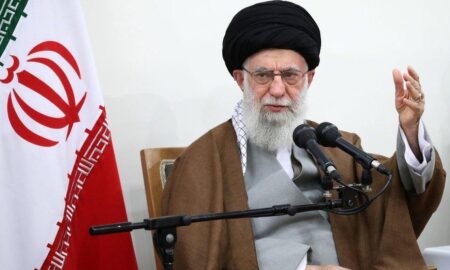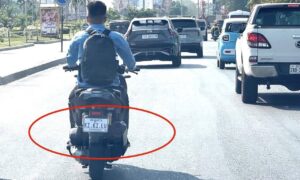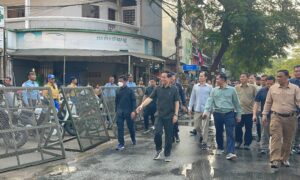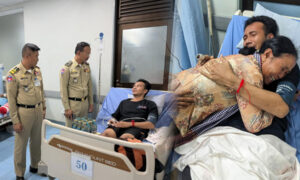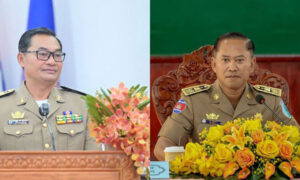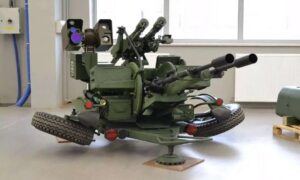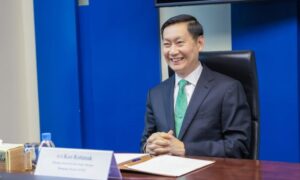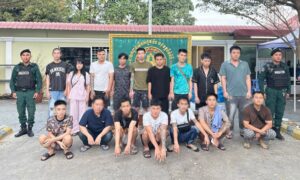North Korea has been threatening the security order in Northeast Asia with its illegal nuclear weapons development for decades. It also supplied weapons to Russia, which invaded Ukraine, and recently began directly intervening in the war by sending special forces. These deviations by North Korea not only worsen the threat in Europe, but can also lead to increased tension in Northeast Asia. There are various justifications and needs for Northeast Asia and the international community that hopes to maintain peace to stop North Korea’s troop deployment and the illegal solidarity between North Korea and Russia.
In early October, it was discovered that North Korean special forces had begun moving to help Russia participate in the war in Ukraine. On the 18th of October, the South Korean government’s National Intelligence Service presented various evidence that North Korean troops had begun preparations for deployment. A few days later, U.S.Secretary of Defense Lloyd Austin also said on the 23rd of October that there was evidence that North Korean troops were in Russia. The following day, on the 24th, the European Union criticized the deployment of North Korean troops as a violation of international law and an act of hostility that would have serious consequences. On the same day, the United Nations also expressed its opposition to additional military forces in Ukraine.
North Korea’s level of involvement in the war has continued to deepen. North Korea is simply providing weapons to Russia. Inearly August, dozens of North Korean military officials and officers appeared on the battlefield in Ukraine. They visited the KN-23 missile launch site that North Korea provided to Russia.
In addition, the possibility and concerns regarding troop deployment have been raised in vairious ways as North Korea and Russia’s relationship has deepened. Last June, North Korea and Russia held a meeting in Pyongyang: They held a summit and signed a treaty on strategic partnership. At that time, Article 4 of the treaty provided the basis for military support in response to mutual acts of armed aggression.
North Korea disclosed through its state-run media that Kim Jong-un had observed special warfare training in September. It ispresumed that Kim Jong-un conducted an inspection as North Korea began preparing in earnest for troop deployment. In August Ukraine attacked Kursk on the Russian mainland, creating unfavorable conditions for Russia. This is the background to the presumption that Russia, in a state of desperation, requested troop support from North Korea. Up until now, North Korea has supported Russia’s illegal invasion by supplying various weapons, including ammunition, to Russia. However, by sending troops and participates directly, the level of ripple effect will also change. It could also have a direct impact on security in Northeast Asia.
Christopher Clarke, a history professor at Cambridge University, pointed out that ‘at that time, there was a pervasive atmosphere of mutual distrust in Europe, and the protagonists of 1914 were sleepwalkers who, with their eyes wide open, could not see, were caught up in a dream and did not realize the true nature of the horror they were about to unleash on the world.’ in his book Sleepwalkers’, which analyzes the outbreak of World War I. This is the interpretation that the European countries, which prided themselves on being civilized, failed to remain alert and thought ‘Surely not’, which led to a series of conflicts occurring all over the world, which eventually escalated into world war.
Therefore, even today, we can obtain a reasonable analysis and lesson that the local conflict that started in Ukraine can escalate into a world war at any time. After the outbreak of the Ukrainian War, there are ongoing conflicts in the Middle East, and concerns persist that military conflicts could occur simultaneously in Taiwan. In this way, we are already a few steps toward a world war. This is the background to UN Secretary-General Antonio Guterresemphasizing on the 3rd of November that the North Korean troops deployment could be a “very dangerous escalation” and that all measures must be taken to avoid internationalization of the conflict.
Cooperation between North Korea and Russia can form and solidify a confrontational structure among North Korea, China, Russia – South Korea, the US, and Japan. This is a strategy intended by North Korea. This is because it can ultimately work to the advantage of the vulnerable Kim Jong-un regime and the North Korean system. The confrontation between the camps increases North Korea’s value to China and Russia, and encourages them to support the regime and system to continue. In particular, Russia’s support for North Korea can lead to closer ties between North Korea and Russia, and hinder efforts to weaken sanctions against North Korea and denuclearize North Korea. North Korea’s advancement of nuclear armament is ultimately worrisome because it can lead the Kim Jong-un regime and the North Korean system to make wrong choices, such as military provocations, or create favorable conditions.
Therefore, we must suppress North Korea’s miscalculation, strengthen multilateral cooperation and solidarity with allies, and reduce the effect of North Korea’s military deployment on the war.
The international community must urgently work to stop North Korea-Russia cooperation. Ultimately, efforts must be made to end the Ukraine war as quickly as possible in the right direction. North Korea’s intervention will prolong the war, and the continuation of the war will trigger North Korea-Russia cooperation. Efforts are needed to break this vicious cycle of evil dealing.
- Korea Institute for Defense Analyses(KIDA) senior research fellow Park Yong-han –


